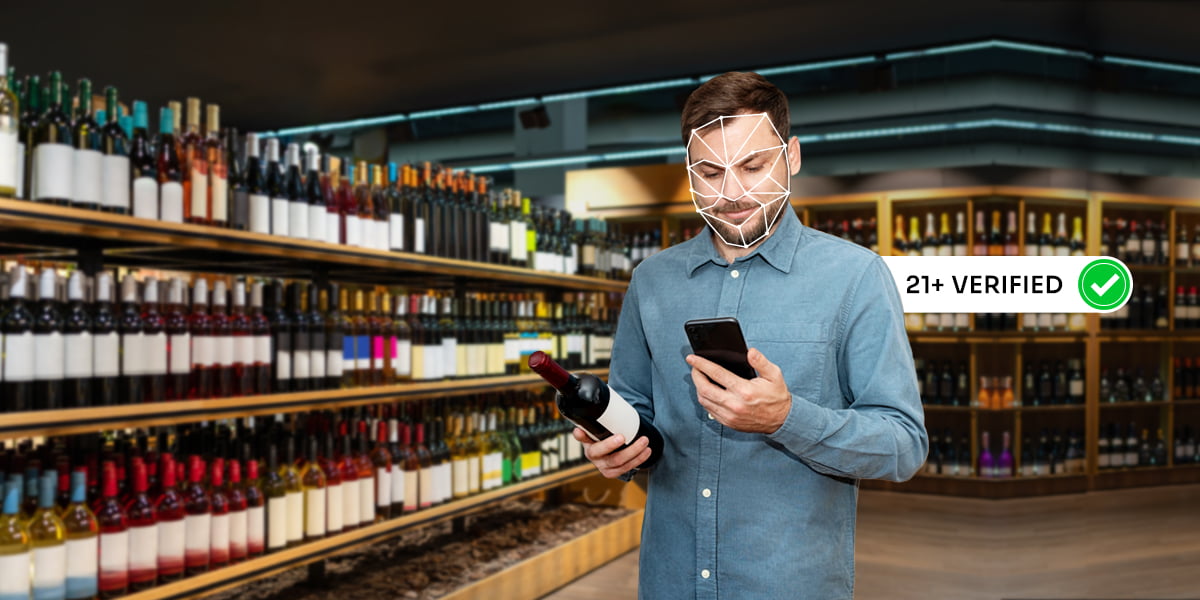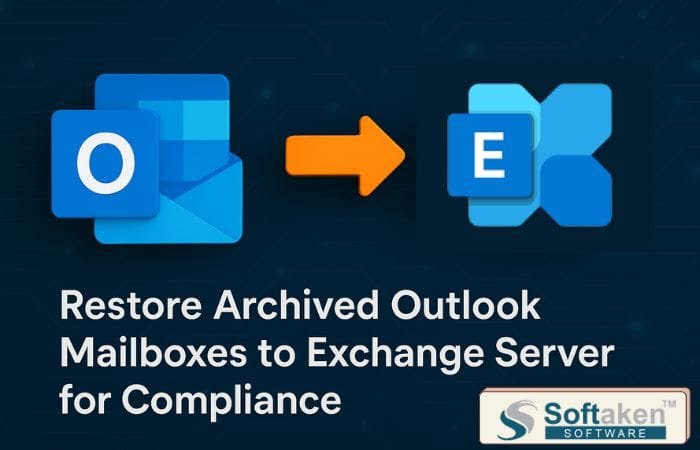Businesses use age verification systems to confirm the age of individuals accessing age-restricted products or services. It includes alcohol, tobacco, gambling, adult content, or specific online services. Online age verification systems help businesses to ensure legal compliance with age restrictions and regulations.
It prevents minors from accessing age-restricted goods/services. Further, it mitigates potential legal liabilities and maintains the integrity of the brand image. Age verification technology involves providing identification documents, entering birthdates, or using age verification software.
What are the legal and reputational risks of not properly verifying age?
The legal risks include potential violations of laws and regulations related to age-restricted products or services. This results in fines, legal penalties, loss of licenses, and lawsuits.
Reputational risks can damage a company’s image, customer trust, and reputation. It can result in negative publicity, boycotts, and even protests. It can have a long-term impact on a company’s success.
Not verifying age can cause legal trouble and harm the company’s reputation, affecting its profits and future success. Therefore, age verification solutions safeguard businesses from risks, losses, and penalties.
The Need for Age Verification Systems
Herein, we will discuss the need for age verification systems in detail:
The Legal Landscape
1. Compliance with regulations
Businesses must use age verification software to follow laws and regulations for selling age-restricted items. This software helps confirm the age of customers.
Businesses should comply with these rules to avoid legal issues. Failure to do so can result in fines or other penalties. Regulations vary depending on the location. They may apply to industries like alcohol, tobacco, gambling, adult content, and specific online services.
2. Legal obligations
Businesses dealing with age-restricted goods/services face legal obligations to prevent minors from accessing inappropriate content or products. If they fail to comply with these legal obligations, it can include severe consequences like fines, penalties, and legal action.
3. Liability and risk management
Proper age verification systems mitigate legal liabilities by demonstrating that businesses have taken reasonable steps to prevent minors from accessing restricted content/products. This proactive approach strengthens the legal defense in disputes or regulatory scrutiny.
Protecting Minors
1. Safeguards vulnerable individuals
Age verification services have a crucial role in protecting minors from exposure to harmful or age-inappropriate content. Businesses help protect minors’ well-being and promote responsible consumption by restricting access to age-restricted products or services.
2. Ethical Responsibility
Businesses have an ethical responsibility to prioritize the welfare of minors and uphold societal values related to protecting children and adolescents. Implementing effective age verification solutions reflects a commitment to responsible business practices and demonstrates respect for regulatory requirements and community expectations.
3. Builds Trust and Credibility
Following a proactive approach to age verification, businesses can improve their reputation and credibility among stakeholders, including customers, regulators, and advocacy groups. Transparent and robust age verification processes signify a commitment to regulatory compliance, consumer safety, and corporate integrity.
How Does Age Verification Systems Work?
Age verification systems prompt users to input their age through birthdate entry, ID document upload, or other verification methods. Verification involves cross verifying this information with databases or performing algorithmic checks to confirm accuracy. Once verified, users gain access to age-restricted content or services, ensuring legal compliance and protection of minors.
Industries that Benefit from Age Verification Systems
1. Alcohol and Tobacco
Age verification systems are essential in the alcohol and tobacco industries to ensure compliance with legal age restrictions. By verifying customers’ age before purchasing products, businesses can prevent underage individuals from buying or consuming these products. It prevents the risk of legal penalties and helps protect public health.
2. Cannabis
In the cannabis industry, age verification systems control access to products that have age restrictions. Verifying the age of customers during online purchases or at retail locations ensures compliance with regulatory requirements and promotes responsible consumption.
3. Online gaming and gambling
Age verification is crucial in online gaming and gambling to prevent minors from participating in activities restricted to adults. Online gaming and gambling platforms can follow the law and prevent underage gambling by checking users’ ages. It helps create a safer and more responsible gaming environment.
4. E-commerce platforms
Online stores use age verification systems to sell age-restricted products to customers of legal age. These products include alcohol, tobacco, and adult content.
The age verification systems confirm the age of their customers before allowing them to purchase these items. It helps prevent underage individuals from accessing products that are not suitable for their age group. Implementing age verification during checkout ensures legal compliance, reduces the risk of underage purchases, and protects the platform’s reputation.
5. Social media and content platforms
Age verification is essential for social media and content platforms to control access to age-inappropriate content and features. These platforms protect minors by verifying users’ ages, ensuring they don’t access harmful content.
6. Adult Entertainment
In the adult entertainment industry, age verification systems ensure that only adults can access explicit content. Businesses can comply with legal regulations by verifying the user’s age before granting access to adult websites or content. They can prevent minors from exposure to inappropriate material and demonstrate a commitment to responsible content distribution.
7. Pharmaceutical and Healthcare
Age verification systems are essential in the pharmaceutical and healthcare industries for selling age-restricted medications or medical devices. Age verification helps them comply with regulations, prevent misuse or abuse of medications, and promote patient safety and responsible healthcare practices.
How to Implement an Age Verification System in Your Business
1. Integrate with your existing platform
Integrating the age verification system seamlessly into your website or app for a smooth user experience. Ensure compatibility with your current technology stack and choose a solution that offers easy integration through APIs or SDKs. Test the integration thoroughly to make it work seamlessly across different devices and platforms.
2. User experience considerations
Ensure a positive user experience with a user-friendly interface and give clear instructions for the age verification process. Keep the steps simple and intuitive, with clear guidance on how users can verify their age. Use easy language and compelling visuals to reduce friction or confusion during the verification process and improve user satisfaction.
3. Data security and privacy practices
Your age verification system should comply with data security and privacy regulations, like GDPR, CCPA, or industry-specific laws. Implement robust security measures for protecting user data and ensuring confidentiality. Use encryption protocols, secure storage practices, and access controls to protect sensitive information.
Provide information about data collection, usage, and retention practices to build users’ trust and compliance with regulations. You should regularly audit and update security measures to address emerging threats or vulnerabilities.
Read also about Face Verification At Airports: Falling Foul Of Privacy Concerns
The Bottom Line
Implementing an age verification system in your business is crucial for complying with regulations and preventing underage individuals from accessing age-prohibited products/services. Age verification methods like ID scanning or online database checks can control access to age-restricted products and services. This can help prevent legal risks and protect your reputation. It also helps avoid legal risks and protects your reputation.






Tech content on this site may include contributed articles and partnerships with industry voices. Learn more in our Editorial Policy.